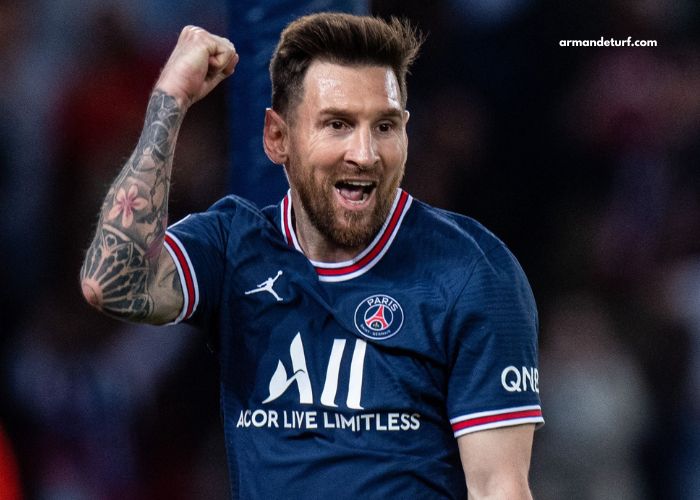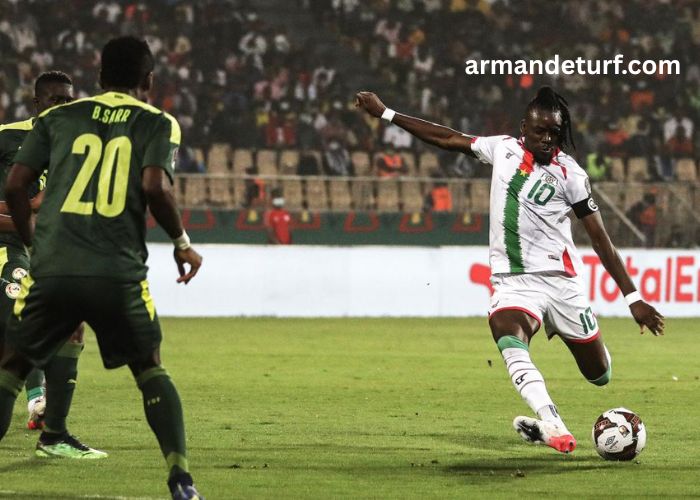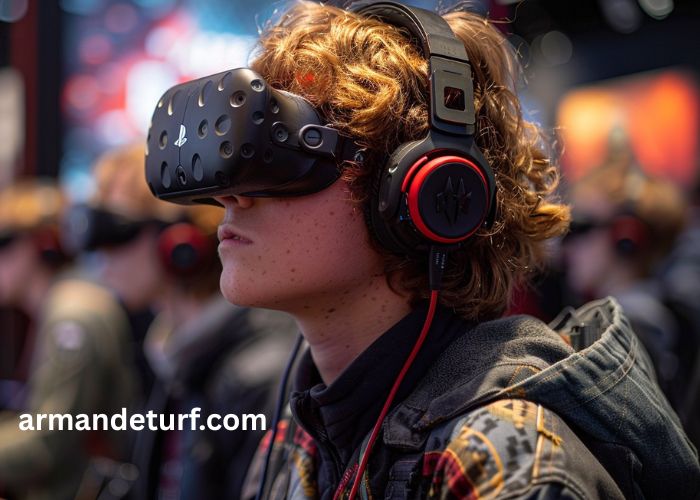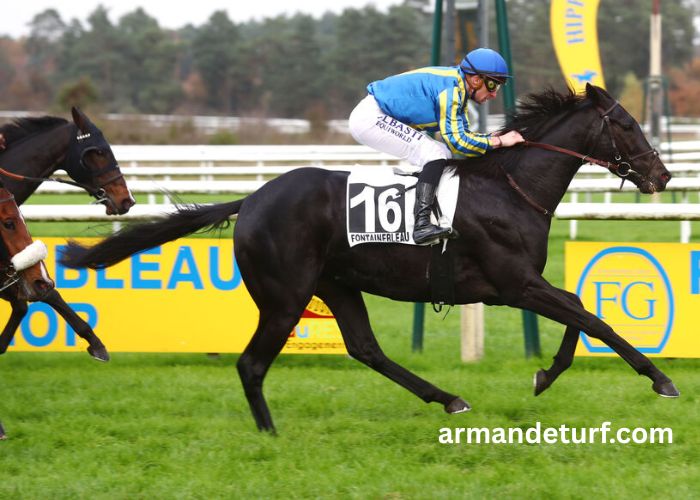Lionel Messi Psg
The football world was shaken when Lionel Messi PSG became a reality, ending an era at Barcelona and beginning a new chapter in the heart of Paris. Fans around the globe tuned in to witness this monumental shift, eager to see how the Argentine legend would impact Ligue 1 and elevate PSG to new heights.
From his emotional departure in Spain to his glittering arrival in the French capital, Lionel Messi PSG transformed not only the club’s dynamics but also the broader landscape of European football. With world-class teammates, high expectations, and relentless media attention, his time at PSG became one of the most talked-about stories in recent football history.
Why Did Lionel Messi PSG Happen?
The move that led to Lionel Messi PSG was as much a financial necessity as it was a strategic acquisition. FC Barcelona, due to financial constraints and La Liga’s wage cap rules, was unable to renew Messi’s contract despite his willingness to stay. This unexpected development opened the door for Paris Saint-Germain, a club with the financial clout and ambition to sign one of the greatest players of all time.
For PSG, bringing Lionel Messi PSG into reality was not only a sporting decision but also a branding masterstroke. The club saw an unparalleled opportunity to add a global icon to their roster, boost worldwide visibility, and solidify their quest for UEFA Champions League glory. The signing made headlines worldwide and instantly turned PSG into a focal point of the footballing universe.
What Was The Impact Of Lionel Messi PSG On The Club?
The arrival of Lionel Messi PSG instantly transformed the club on and off the field. In terms of marketing, merchandise sales, and global reach, PSG experienced unprecedented growth. Jersey sales skyrocketed, social media followings exploded, and the club became a must-watch team even for casual fans. Messi’s presence brought more sponsorship opportunities and elevated PSG into one of the most commercially successful clubs globally.
On the pitch, Lionel Messi PSG created a new attacking dynamic alongside Neymar and Kylian Mbappé, forming one of the most feared front threes in football. While his first season was a period of adaptation, Messi’s vision, passing, and technical mastery added immense value. His ability to control the tempo, create chances, and draw defenders opened up space for his teammates, making the team more versatile and dangerous.
How Did Lionel Messi PSG Perform Statistically?
During his time with PSG, Lionel Messi PSG had a mixed but impactful statistical output. In his debut season (2021–22), Messi recorded fewer goals than expected, netting just 6 in Ligue 1, but contributed significantly with assists and build-up play. It was clear that he was adjusting to a new league, new teammates, and a different tactical system under Mauricio Pochettino.
By his second season, Lionel Messi PSG was back to producing world-class numbers, with a noticeable uptick in goals and assists across all competitions. He contributed both directly and indirectly to PSG’s domestic success, including their Ligue 1 titles. Even when not scoring, Messi influenced games through his movement, creativity, and ability to unlock defenses with precise passes that only he could deliver.
What Was The Reaction Of Fans And Media To Lionel Messi PSG?
The reaction to Lionel Messi PSG was initially a mix of euphoria and curiosity. PSG fans welcomed him with open arms, filling the stadium for his unveiling and making his debut one of the most watched sporting events globally. His presence boosted Ligue 1’s visibility worldwide, attracting viewers who had previously focused on La Liga or the Premier League.
However, as expectations were sky-high, media scrutiny was intense. Every performance of Lionel Messi PSG was analyzed, praised, or criticized depending on outcomes. When PSG exited the Champions League in dramatic fashion, Messi faced criticism despite his overall contribution. Still, many recognized that the standards for Lionel Messi PSG were unlike those for any other player, reflecting his unique status in the sport.
How Did The Lionel Messi PSG Era Influence Global Football?
The Lionel Messi PSG era was a seismic moment in modern football, signaling a shift in power dynamics. It demonstrated the financial might of PSG and how state-backed clubs could lure even the most loyal legends. His move highlighted the challenges faced by traditional clubs in adapting to new financial realities and raised questions about the sustainability of football economics.
Beyond finances, Lionel Messi PSG influenced younger players, brands, and international fanbases. His move expanded Ligue 1’s profile and made the French league a destination for elite talents. Even rival clubs felt the ripple effect, as Messi’s presence in Paris intensified competition and raised the bar for performance, marketing, and global outreach.
What Legacy Did Lionel Messi PSG Leave Behind?
The legacy of Lionel Messi PSG is complex but undeniably significant. While some fans expected more goals or a Champions League trophy, his overall contribution went far beyond statistics. Messi’s professionalism, work ethic, and magic moments inspired teammates and brought millions of fans closer to PSG. His impact on the club’s global footprint was unmatched, making PSG a household name worldwide.
He also left behind memorable moments, including stunning assists, trademark dribbles, and vintage performances that reminded the world why he’s considered one of the greatest. The Lionel Messi PSG journey may have lasted just two seasons, but it redefined PSG’s identity, proved the club’s ambitions, and cemented Messi’s status as a transformative figure wherever he played.
Conclusion
The Lionel Messi PSG chapter was a historic union of football excellence and global ambition. Though brief, it reshaped the identity of Paris Saint-Germain, elevated Ligue 1 to unprecedented international relevance, and added a unique dimension to Messi’s storied career.
Whether viewed through the lens of business, legacy, or pure football magic, Lionel Messi PSG remains one of the most iconic collaborations in the sport’s modern era—a moment when Paris became the center of the footballing world thanks to the presence of a living legend.



